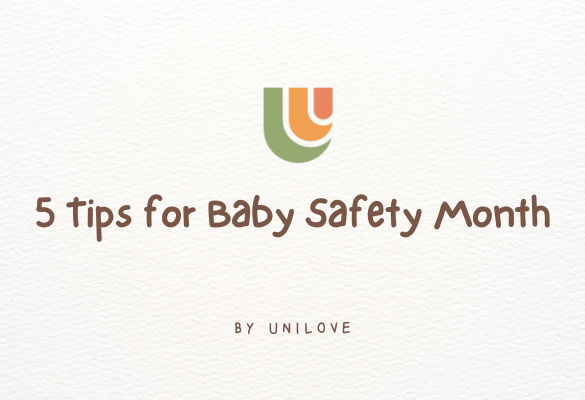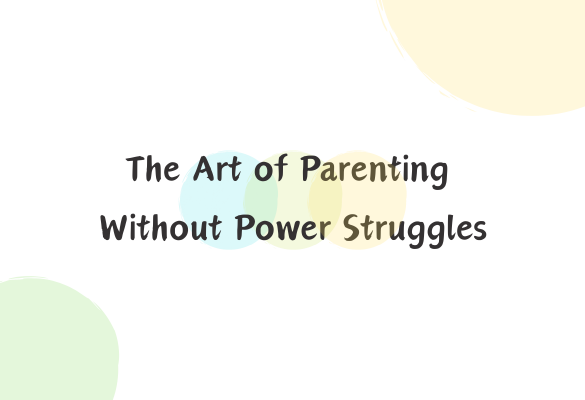A child being born into a family is, for most of the parents, the biggest joy. But truth be told - parenting isn't an easy journey, and finding that perfect parenting style can make you feel overwhelmed. Researchers have identified that there is no one ‘best’ approach to parenting; instead, different parenting styles each impact how we communicate with our children, set expectations, and handle discipline.
Understanding Parenting Styles
According to researchers, four main parenting styles have been categorized when nurturing children.
- Authoritarian: High expectations, strict rules, little to no explanation, punishment-based
discipline (e.g., "because I said so").
- Authoritative: Warm and nurturing, clear expectations with explanations, open communication, positive reinforcement, and age-appropriate consequences.
- Permissive: Few rules or boundaries, lenient discipline, may prioritize the child's happiness over their well-being.
- Uninvolved: Emotionally detached, uninvested in setting rules or enforcing expectations, may leave children feeling neglected.
Many years of study, such as those done by developmental psychologists Maccoby & Martin and parenting style specialist Diana Baumrind, always highlight that authoritative parenting is the best way. Findings from research similar to that of Strage et al. on emotional and behavioral health also back this up. The mixture of affection, clear boundaries, open communication, and freedom that matches their age promotes strong development in children.
The Benefits of Authoritative Parenting
Let’s dive into the core aspects and benefits of authoritative parenting that make it a healthy parenting style best suited for the development of children.
Core Aspects of Authoritative Parenting
- Warmth and Responsiveness: Parents display love and emotional support as they care for their kids's necessities.
- Clear Expectations: Parents set clear and age-appropriate rules and expectations for behavior.
- Open Communication: Parents promote open communication and active listening, creating a healthy environment to discuss feelings and situations.
- Positive Discipline: Positive Discipline: Parents teach desired behaviors rather than just punishment and might use natural outcomes or time-outs.
Benefits of Authoritative Parenting
There are many benefits of authoritative parenting that make it stand out as the healthiest parenting style. These are some important benefits of authoritative parenting.
- Self-esteem and Confidence: Children develop a strong sense of self-worth and the ability to manage emotions.
- Independence and Responsibility: Authoritative parenting fosters self-reliance and the ability to make responsible choices.
- Social Skills: Children learn to cooperate, resolve conflicts, and show empathy towards others.
- Academic Achievement: Authoritative parenting creates a positive learning environment that supports academic success.
Putting Authoritative Parenting into Practice
Here are some helpful tips for parents to put authoritative parenting into practice.
- Set Clear Expectations: Match the child's age and growth level with your expectations. Clarify the reason or "why" behind each expectation.
- Explain Rules and Consequences: Talk with your kid about what these rules are, and also explain to them what could take place if they don't follow the guidelines (focus on natural consequences when possible).
- Active Listening: Focus your attention completely on what your child is saying. Validate their emotions and offer guidance without interrupting.
- Positive Reinforcement: Notice when your child is "being good" and give them positive recognition. Celebrations for achievements, no matter how big or small.
- Positive Discipline Strategies: Positive Discipline Strategies: Use natural consequences or time-outs to manage unwanted behaviors. Do not apply severe punishments or shouting.
While these tips provide some helpful guidance on how to enact an authoritative parenting style, it is important to remember that no parenting style is rigid and, therefore, should be adjusted and modified based on the child's needs and the situation.
Conclusion
The core aspects and benefits of an authoritative parenting style make it an obvious choice as the healthiest parenting. However, as mentioned earlier, the thing to remember is that healthy parenting is not something set in stone. What works for your firstborn might not work for your secondborn. So, understand that parenting is a journey that is filled with trial and error, and use the parenting style you think is best for your child.



